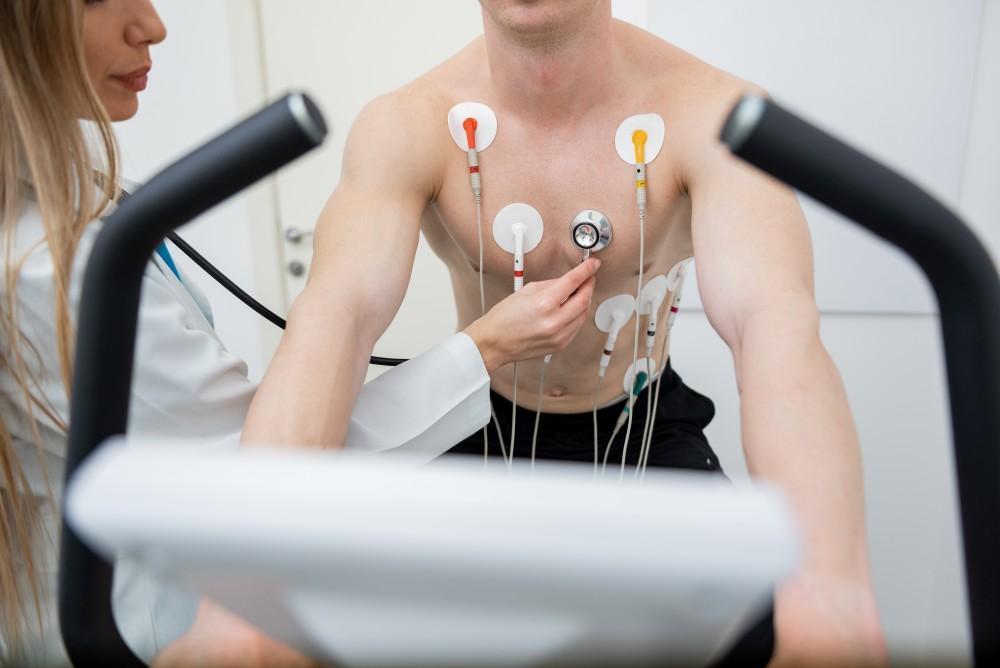
What Can I Do About My Varicose Veins?

Varicose veins create those bulging, twisted veins and can cause discomfort, pain, and sometimes embarrassment. They’re typically found in the legs and feet due to increased pressure in the lower body from sitting or standing for prolonged hours, genetics, or lifestyle factors.
While many people may consider them just a cosmetic issue, the reality is that they cause bothersome symptoms too. Varicose veins can cause cramping and heaviness and can even increase your risk of developing blood clots.
Needless to say, if you’re dealing with varicose veins and are wondering what you can do about them, then read on. Dr. Henock Saint-Jacques and an expert team can help you get the relief you need at Harlem Cardiology.
Here’s what you need to know about varicose vein treatment options.
Lifestyle modifications
Lifestyle modifications won’t eliminate varicose veins that you already have, but these lifestyle modifications can help prevent them from getting worse.
Exercise regularly
Physical activity, especially exercises that engage your leg muscles (like walking, biking, or hiking), helps improve circulation and relieve pressure in the veins. That’s because each time you take a step, your calf muscles squeeze the veins in your leg and help pump blood back up to your heart.
Pumping your calf muscle is so important that it’s sometimes dubbed “your second heart.” So, get up frequently throughout the day and walk around even if it’s just for a few minutes each time.
Maintain a healthy weight
Carrying excess body weight puts extra strain on many parts of your body, and that includes your joints, the muscles in your feet, and your veins. If you’re overweight, exercise and eat healthy to help shed excess pounds.
Another reason to maintain a healthy weight: losing weight helps make your medical varicose vein treatments more effective.
Compression stockings
Compression stockings are specially designed to improve blood flow in your legs by applying gentle pressure (where the strength is measured in millimeters of mercury). The added pressure helps pump blood back up to your heart. They come in many strengths, so be sure to talk to Dr. Saint-Jacque if you have questions about them.
Move throughout the day
If your work requires long periods of sitting or standing, try to take breaks to move around or shift positions frequently. Many smartwatches include reminders for movement every hour.
You don’t need a smartwatch though. Simply, set a timer to move throughout the day.
Nonsurgical medical treatments
If lifestyle changes aren’t enough to help you manage your varicose veins, Dr. Saint-Jacque offers several nonsurgical options that are effective at reducing or eliminating varicose veins.
Depending on the location and severity of the varicose veins, Dr. Saint-Jacques may recommend:
Sclerotherapy
This minimally invasive option involves injecting a solution into the affected veins, causing them to close and eventually be absorbed by your body. Sclerotherapy is often used for small and medium varicose veins.
Laser therapy
While sclerotherapy uses a sclerosing agent to seal off your veins, laser therapy uses concentrated light to close off smaller varicose veins.
Radiofrequency (RF) ablation
RF ablation uses heat from radiofrequency waves to close off larger veins from the inside. A catheter is inserted into the problematic vein. Then, Dr. Saint-Jacques uses a device to deliver radiofrequency energy and seal the vein shut.
Surgery
When possible, Dr. Saint-Jacques performs minimally invasive procedures, but there are situations where a traditional surgical approach is warranted. Examples include:
- High ligation and vein stripping to remove varicose veins through incisions
- Ambulatory phlebectomy where the veins are removed through punctures instead of incisions
- Endoscopic vein surgery
Ready to find the treatments that are right for you? Give us a call at 646-381-2181 to speak with our friendly team. You can also schedule an appointment online.
You Might Also Enjoy...


Is It Possible to Lower My Blood Pressure Naturally or Do I Need Medicine?

What You Can Do Now to Prevent a Stroke Later in Life

3 Noninvasive Tests That Measure the Health of Your Heart

Don't Mistake Symptoms of Heart Failure For Normal Signs of Aging


